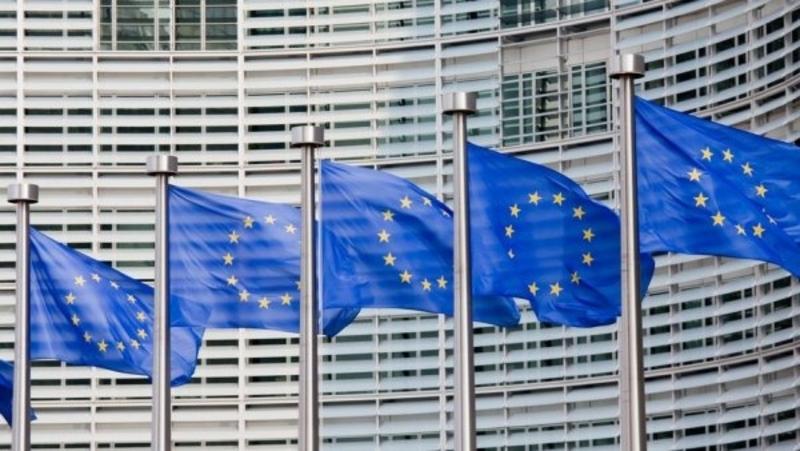Tajikistan is interested in receiving new trade preferences from EU

By Abdul Kerimkhanov
The European Union’s strategy for Tajikistan is aimed at strengthening relations in all areas of cooperation. Within its framework, the political dialogue has been strengthened, regular meetings are held between the foreign ministers of the EU cuntries and Tajikistan, and programs are being implemented in the fields of education, the rule of law, and environmental protection.
The authorities of Tajikistan expressed interest in receiving from the European Union (EU) new preferences in trade.
In response to a request from Dushanbe for receiving unilateral tariff preferences under the Generalised System of Preferences Plus (GSP+), a group of EU specialists arrived in Tajikistan.
They will familiarize themselves with the political and socio-economic reforms being carried out in the country, said the EU Ambassador to Tajikistan Marilyn Josefson on March 1.
At present, Tajikistan uses the basic GSP, according to which a country can export 3,000 commodity items without customs duties and 3,200 commodity items to the EU at reduced rates.
If the EU provides Tajikistan with tariff preferences in the framework of GSP +, this will allow the country to receive duty-free access to more than 6,200 commodity items on the European market.
Kinga Malinovska, an employee of the Public Relations Department of the European Commission, reported that there were several conditions for obtaining additional preferences for GSP+ on February 28.
“A country should be considered as vulnerable in terms of its size or limited diversification of its exports and it should ratify and effectively implement 27 international conventions (16 in the field of human rights and core labor standards and 11 in the field of environmental protection and effective management),’’ said Malinovska.
She noted that the authorities should, in particular, ratify the conventions on the prohibition of the use of torture, on the prevention of genocide, on the protection of the rights of the child, on the protection of freedom of speech and on holding rallies and meetings, to ensure the independence of the judiciary.
Manouchehr Nasriddinov, head of Oro Isfara company, which specializes in the wholesale of dried fruits, nuts and legumes, said that they have experience working with companies in the Netherlands and Belgium.
As he noted, the introduction of international standards is a mandatory step to promote products on the international market, adding that produced products have become easier to sell, with confirmation of its high quality and safety.
If the EU provides Tajikistan with tariff preferences in the framework of GSP+, then what products "made in Tajikistan" may appear on the European market?
Local economists consider, the list of goods exported by Tajikistan to the EU countries is not great, however, free access to European markets will help reanimate small and medium-sized businesses in Tajikistan, and also end their dependence on the markets of Russia and Kazakhstan.
The EU began its engagement with Tajikistan in the early 1990s, following the country's independence from the Soviet Union.
In 1992, the Technical Aid to the Commonwealth of Independent States (TACIS) program office was opened in Dushanbe.
In 2001, the first annual meeting of the EU-Tajikistan Cooperation Committee was held in Brussels. In 2004, EU Commissioner for Foreign Policy visited Dushanbe, and President Rahmon signed in Luxembourg the Partnership and Cooperation Agreement (PCA), which entered into force after ratification in 2010.
Today, relations between the EU and Tajikistan are developing in the framework of the EU Strategy in Central Asia for 2014-2020.
In 2016, the European Commission reaffirmed its commitment by 2020 to provide Tajikistan with 251 million euros for development.
In 2018, Tajikistan traded with 36 European countries, most of which are EU members: the total trade turnover of Tajikistan with European countries amounted to about $ 320 million, a decrease of almost a third compared with a year earlier.
Tajik products were exported to Europe worth $ 63 million in 2018. Germany was the main trading partner of Tajikistan on the European continent, with bilateral trade with a total of $ 97.7 million.
---
Abdul Kerimkhanov is AzerNews’ staff journalist, follow him on Twitter: @AbdulKerim94
Follow us on Twitter @AzerNewsAz
